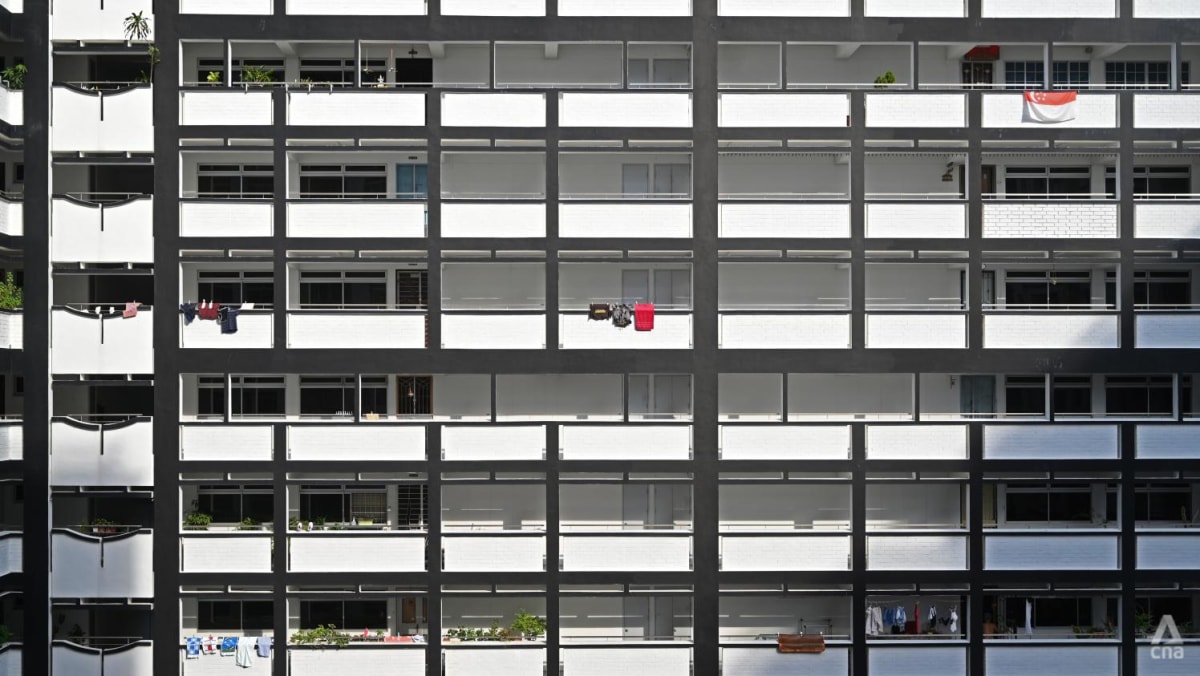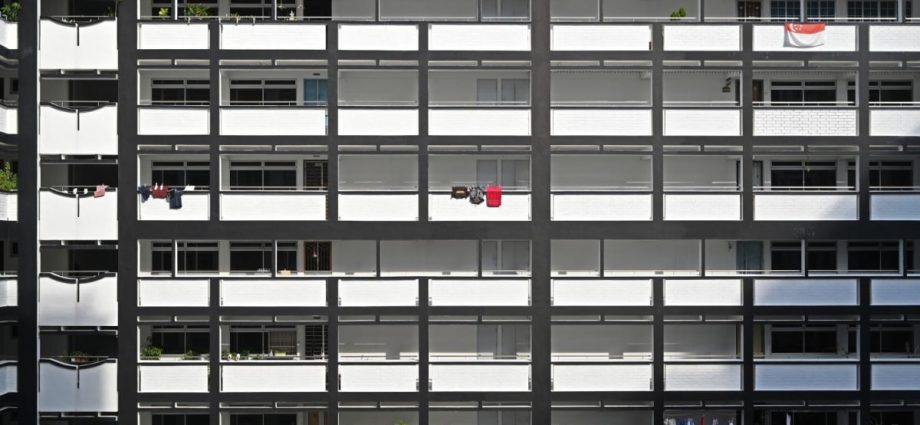
SINGAPORE: A woman who was supposed to buy over her ex-husband’s share of the family home for about S$188,000 (US$141,000) as part of divorce proceedings missed a deadline due to her lawyer’s oversight.
As a result, she will now have to pay almost S$33,000 more to buy over her husband’s share of the property, based on the latest valuation of the home.
In a judgment released on Wednesday (Apr 12), Justice Choo Han Teck dismissed the woman’s appeal to the High Court to have the deadline extended so her husband would be compelled to transfer his share of the home to her.
THE CASE
The pair married in 2010 and had two daughters together.
The man sustained a spinal cord injury several years later and became unemployed after the disability.
As part of their divorce in 2022, the matrimonial home was divided and a judge gave the woman two options.
She could either buy out her ex-husband’s 38 per cent share of the home for about S$188,000 within two months – by Jul 17, 2022 – or sell the home in the open market within six months.
The woman opted for the first option. However, because of her lawyer’s oversight, the case contained no order granting care and control of the children to the wife.
Such an order granting care and control of children is required by the Housing and Development Board (HDB) in approving the transfer of interests in a flat between husband and wife.
On Jun 26, 2022, HDB told the woman that approval would not be granted until the order was amended. The woman filed a summons by consent of her ex-husband on Jul 17, 2022, the deadline, to vary the terms of the order.
She was granted her request on Jul 28, 2022. After obtaining the required documentation, the woman tried to effect the transfer of the matrimonial home on Aug 17 that year.
DEADLINE LAPSED
However, by this time, the deadline had lapsed by a month. The ex-husband refused to agree to the transfer. Instead, he demanded that the flat be transferred to him at the prevailing market price as of Aug 17, 2022.
The woman then applied to vary the judge’s order so the Jul 17 deadline would be extended, and her ex-husband would be compelled to transfer the home to her for about S$188,000.
The judge dismissed her application because the original order remained a workable one that did not require variation – she could still take the second option of selling the flat in the open market by Jan 20, 2023.
The judge found that the woman’s non-compliance with the deadline “disentitled her” from the first option, but left her with the second option of a sale on the open market.
Justice Choo found that the woman had forfeited her rights under the first option by breaching the deadline.
“The second option might have been less desirable because that will compel her to look for another place to live with the children. But it remained, nevertheless, an option under the order, the first option having lapsed,” said Justice Choo.
He said the district judge had not erred in dismissing the woman’s appeal.
“Where a sale of property is concerned, the market conditions of the day are significant,” said Justice Choo.
“Although parties may sometimes agree that a sale be deferred to a later date when the value of the matrimonial asset might be higher, but unless they had agreed to a floating value, they may not be bound to a fixed value when that value had changed beyond the date that they were reasonably expected to complete the transfer. Thus, the wife is not entitled to buy over the husband’s share in August 2022 based on a valuation done in May 2022.”
Justice Choo said he saw “no merit” in the woman’s appeal, but noted that the deadline for the second option had passed and the division of the matrimonial home was still not done.
“It is now unfair to compel the husband to transfer his share on the valuation as of May 2022,” he said. “Yet the wife also requires a place to stay with the children.”
He said the “fairest way forward” was to amend the original order, so that the woman buys over her ex-husband’s share of the property in the ratio of 62 per cent to the wife and 38 per cent to the husband according to the valuation as of this judgment.
He said the valuation according to the husband was S$582,000 and found this to be a reasonable figure.
The woman will have to pay 38 per cent of this figure, or S$221,160, to buy over her ex-husband’s share.
“Since there is no evidence to show that the current value is lower, I will use this value rather than order another round of valuation,” said the judge.

